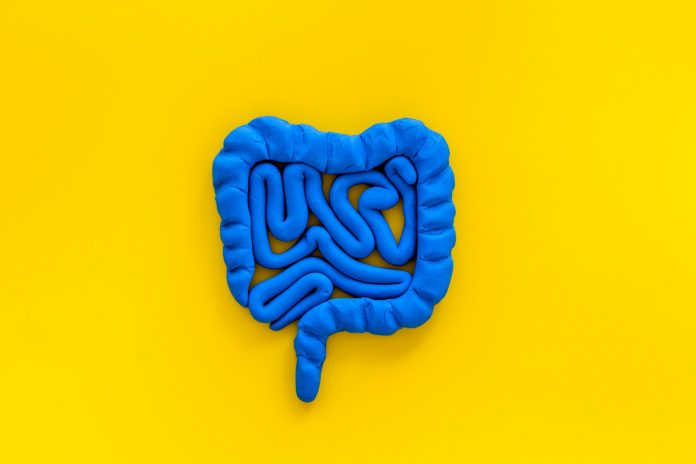Increasingly, research is uncovering how the gut can trigger changes in the body that lead to overall poor health.
Whether it’s digestive issues, inflammation, compromised immune health or mental health concerns, the gut and the gut microbiome play the most significant role in keeping people healthy.
Community pharmacists are well-positioned to help their communities achieve gut health.
Here we look at research revealing the gut’s role in Covid-19.
‘Gut could be a site of disease transmission’
New findings from Flinders University have demonstrated a molecular link between Covid-19 and serotonin cells in the gut.
The research, published in the journal Gut, could help provide further clues to what could be driving Covid infection and disease severity. It supports previous evidence that antidepressants, known as selective serotonin reuptake inhibitors, could reduce the severity of Covid symptoms.
It’s now known that Covid displays an array of symptoms, which can regularly include gastrointestinal issues such as diarrhoea. Recent research has indicated that these gut symptoms in Covid patients worsen with the severity of the disease, and this is linked to heightened gut-derived serotonin, released to cause gut dysfunction, increasing the body’s immune response and potentially worsening patient outcomes.
This new collaborative study involved three Flinders research teams, including those led by Dr Alyce Martin, ARC DECRA Fellow in the university’s College of Medicine and Public Health, and Professor Robert Edwards, Director of Bioinformatics and Human Microbiology for the Flinders Accelerator for Microbiome Exploration.
“Our study endeavoured to understand whether the gut could be a site of disease transmission and what genes might be associated with the virus entering the cells lining the gut wall,” said the study senior author, Professor Damien Keating, Deputy Director of the Flinders Health and Medical Research Institute and head of the gut sensory systems research group.
The researchers looked at gene expression among the different cell types that line the gut wall, analysing whole genome sequences from thousands of individual cells from within the intestine.
They found specialised cells within the gut that synthesised and released serotonin had a highly enriched expression of a particular SARS-CoV-2 receptor and were the only type of cell that expressed all the genes associated with Covid.
“Many genes linked to Covid-19 were found expressed in the different cell types lining the gut wall but only serotonin cells expressed all three receptors for the virus,” Professor Keating said.
“Expression of all three SARS-CoV-2 receptors triples the rate of cell infectivity, compared with expression of only two receptors.”
With the exact sites of infection and the primary drivers of Covid disease severity not yet fully understood, the authors say this study provides important information on the gut’s role in the virus.
“Our study adds further evidence that Covid-19 is far more likely to infect cells in the gut and increase serotonin levels through direct effects on specific gut cells, potentially worsening disease outcomes,” Professor Keating said.
“It also provides further support to emerging clinical evidence that antidepressant drugs, which block serotonin transport around the body, may serve as a beneficial treatment.
“As Covid-19 continues to circulate, further research will be required to advance our understanding of the gut’s role in this virus and continue to find treatment options to work alongside vaccinations.”
This feature was originally published in the November issue of Retail Pharmacy magazine.








